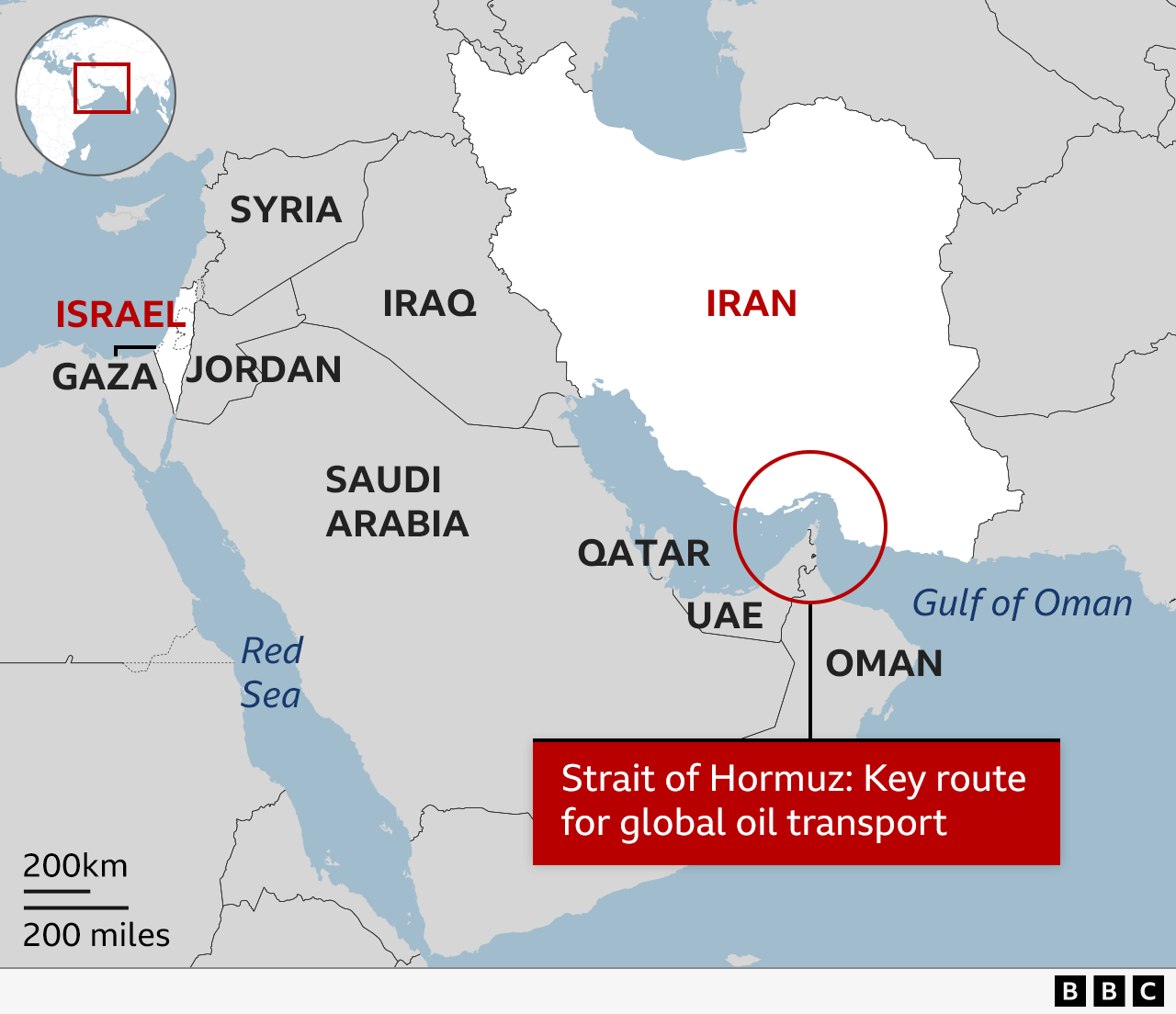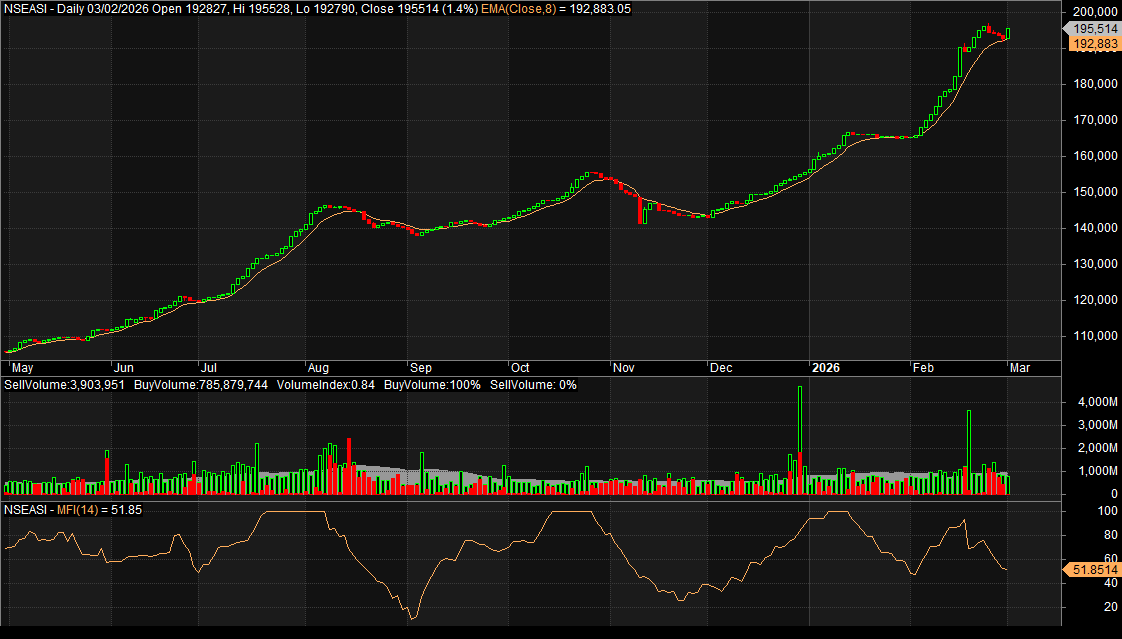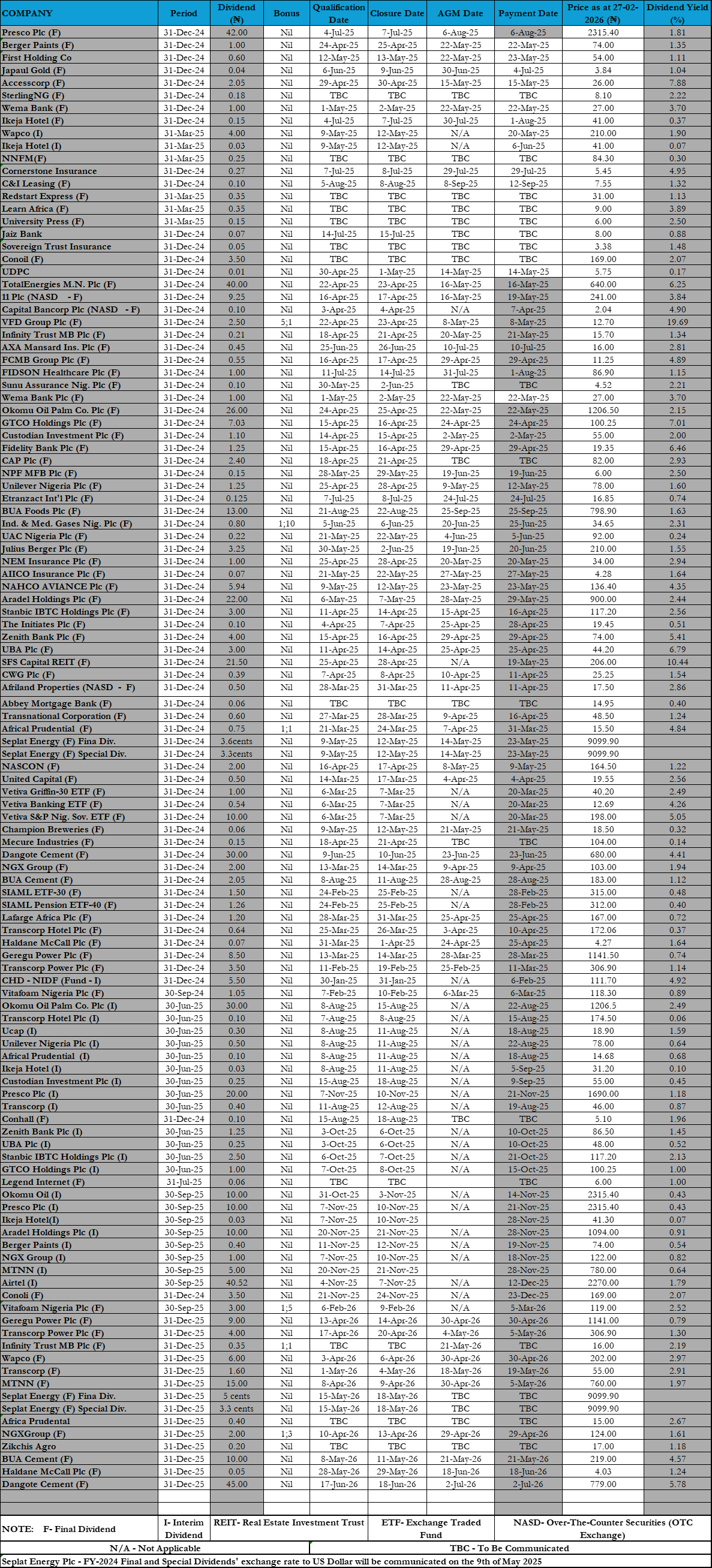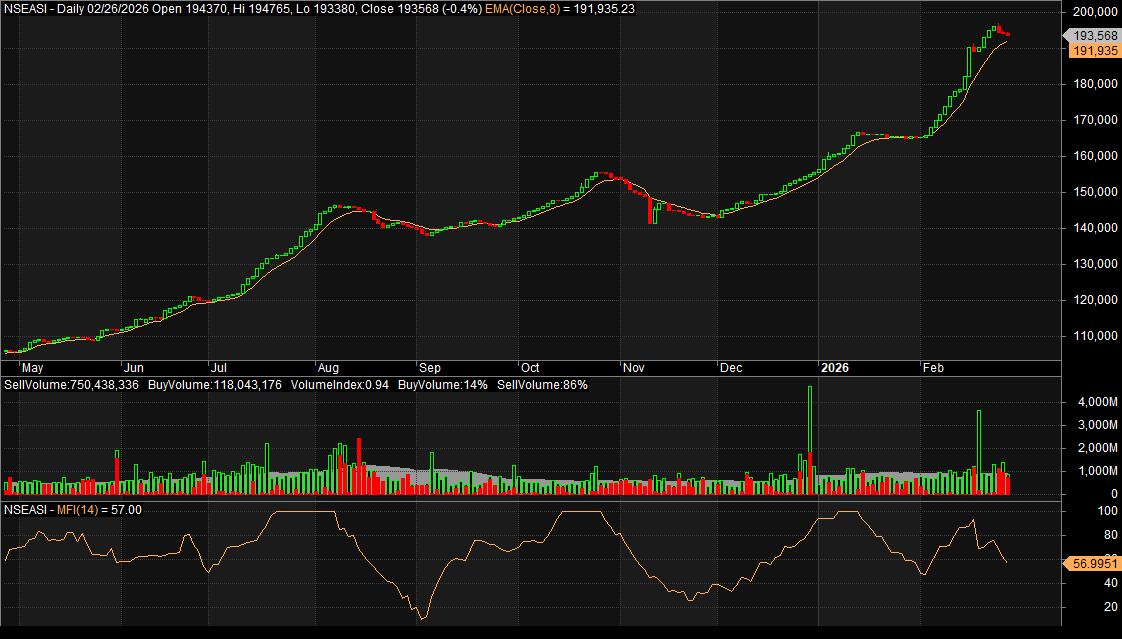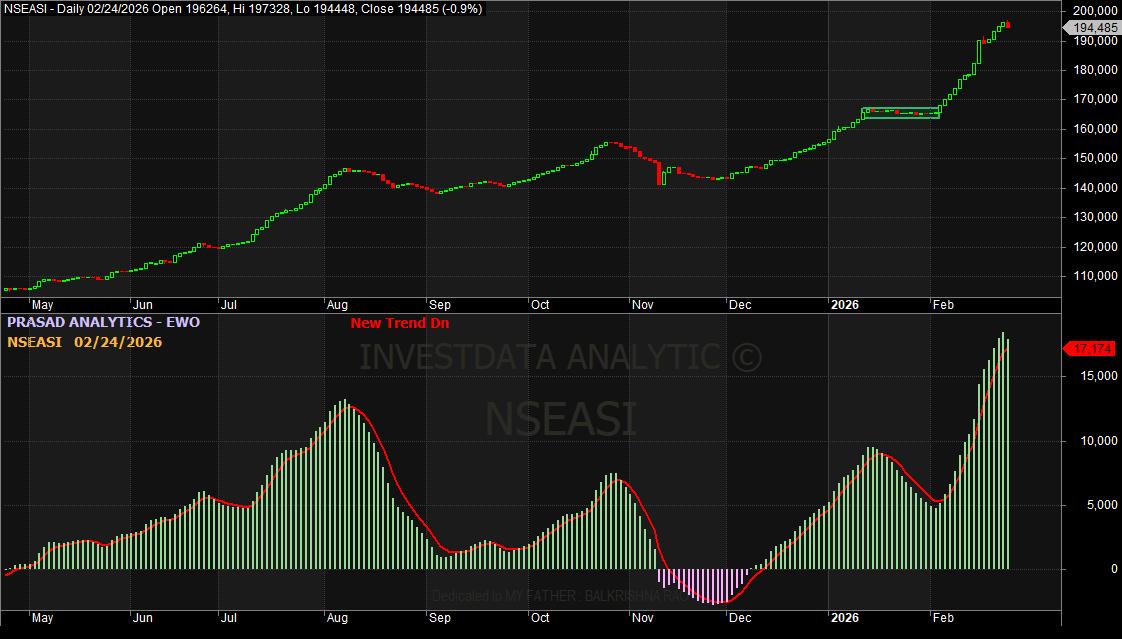
Market Update For October 28, 2025
The Nigerian equities market closed negative for the second consecutive session on Tuesday, as persistent sell pressure across major banking and industrial counters extended the bearish mood on the Nigerian Exchange (NGX). The session reflected cautious investor sentiment amid profit-taking activities and weak demand for heavyweight stocks. The market continued to experience short-term volatility, influenced by mixed macroeconomic signals and investor rotation from risk assets to fixed-income instruments following the sustained rise in yields.
The day’s trading opened on a slightly positive note, with marginal early gains in some mid-tier stocks. However, renewed selloffs in bellwether names quickly erased the initial momentum, pushing the benchmark index lower by midday. The downward move was largely attributed to declines in the banking, consumer goods, and industrial sectors, which collectively dragged market breadth into negative territory.
Investors adopted a conservative stance, digesting the impact of macroeconomic headwinds such as high interest rates, currency volatility, and inflationary pressure on corporate earnings and valuation outlook. As a result, market participants favored short-term profit-taking ahead of the month-end window-dressing period. The liquidity environment remained tight, further dampening risk appetite despite some opportunities in undervalued blue-chip stocks.
In the banking space, the sector continued to lead the market lower, as selloffs intensified in key players such as Zenith Bank (one of Nigeria’s most capitalized tier-one lenders with a strong corporate and retail presence), AccessCorp (a diversified financial group with operations across multiple African markets and the UK), and United Bank for Africa (UBA – a leading pan-African financial institution with subsidiaries in over 20 countries). The pressure was compounded by mild declines in GTCO (Guaranty Trust Holding Company, a major banking and financial services conglomerate) and WEMABANK (a rapidly expanding commercial bank known for its digital banking initiatives), as investors took profits after recent rallies.
Similarly, weakness extended to the industrial goods sector, where WAPCO (Lafarge Africa Plc, a major cement and building materials manufacturer) closed lower amid selling interest from institutional investors. The consumer goods segment was not spared, with PZ Cussons (a household and personal care manufacturer) and CAP Plc (a leading paints and coatings producer) posting notable declines on low demand and portfolio rebalancing by fund managers.
On the flip side, a few stocks bucked the negative trend, led by SOVRENINS (Sovereign Trust Insurance Plc – a general insurance firm focused on retail and corporate risk management services), which emerged as the day’s top gainer on improved market interest and low-price attraction. The company’s stock has been active in recent sessions, as retail investors positioned for short-term upside.
Meanwhile, MCNICHOLS (a food processing and packaging company known for its McNichols brand of fortified sugar and cereals) topped the losers’ table after sustained sell pressure. Despite the general weakness, DANGCEM (Dangote Cement Plc – Nigeria’s largest cement manufacturer and the most capitalized stock on the NGX) remained a key player in market turnover, attracting the highest value of transactions worth ₦4.54 billion, as institutional investors continued to reposition in the counter.
Market activity showed moderate improvement as total volume traded rose by 4.46% to 525.45 million units, valued at ₦25.40 billion across 32,430 deals. SOVRENINS, FIDELITYBK (Fidelity Bank Plc – a mid-tier lender with growing digital retail footprint), and FBNH (FBN Holdings Plc – Nigeria’s oldest financial institution and a diversified banking group) dominated trading in terms of volume, accounting for 8.12%, 7.99%, and 7.18% respectively. In terms of value, DANGCEM, STANBIC (Stanbic IBTC Holdings Plc – a top-tier financial services group with strong asset management operations), and ARADEL (Aradel Holdings Plc – an integrated energy company focused on exploration and refining) led the chart.
From a technical analysis standpoint, the NGX All-Share Index (ASI) remained below its 20-day moving average, signaling continued short-term bearish sentiment. Momentum indicators such as the RSI (Relative Strength Index) hovered below the neutral 50-point mark, indicating weakened buying pressure. The MACD (Moving Average Convergence Divergence) also maintained a bearish crossover, suggesting the possibility of further sideways movement before any major rebound. However, market observers believe that sustained accumulation in value stocks could trigger a mild recovery if bargain hunters return towards month-end.
Despite the current weakness, analysts maintain a cautiously optimistic medium-term outlook for the market, driven by expectations of improved Q4 corporate earnings, potential dividend declarations in the coming months, and the relative attractiveness of Nigerian equities compared to fixed-income yields. Yet, near-term performance remains dependent on the direction of monetary policy and broader economic stability, especially around exchange rate management and inflation control.
At the close of Tuesday’s session, the NGX All-Share Index (ASI) slipped by (0.09%) to close at 155,353.20 points, compared to 155,496.15 points in the previous session. Market capitalization dropped by ₦90.73 billion to ₦98.61 trillion, while the year-to-date (YTD) return moderated to (+50.94%).
The top gainers were SOVRENINS (+9.78%) and other mid-tier counters showing resilience, while MCNICHOLS (-10.00%), PZ (-4.64%), ZENITHBANK (-3.21%), ACCESSCORP (-2.33%), WAPCO (-1.72%), UBA (-1.49%), and CAP (-1.35%) led the losers’ chart. The market’s overall sentiment remains bearish but oversold, indicating a potential setup for a short-term rebound if bargain hunting intensifies in the sessions ahead.



